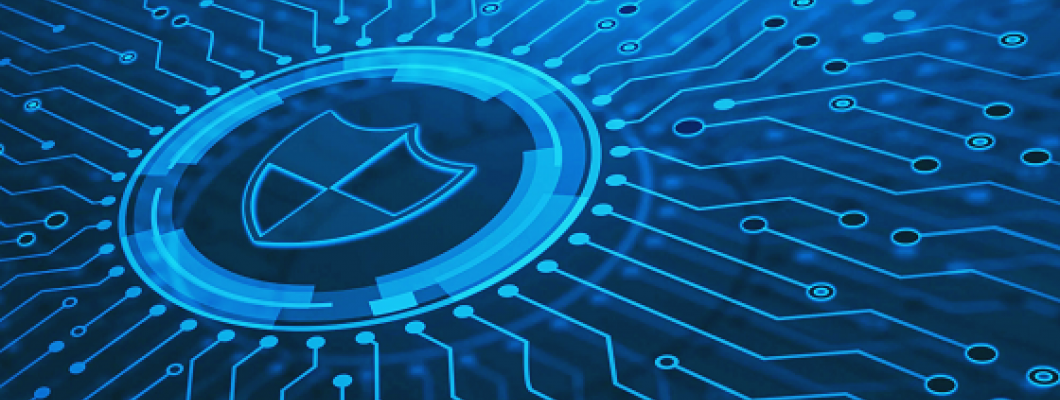
In the digital world we live in, cyber security has become a priority for everyone who uses a computer. Computer threats are becoming more sophisticated, and while there are many tools and programs that can help keep your computer safe, users should also take some precautions to minimize their risks. In this article, we will explore the basic guidelines for keeping a computer safe from modern cyber threats.
One of the first steps in protecting your computer is to install antivirus software. There are many antivirus products available in the market, some of which are free, but it is important to choose high-quality and reliable software. A good antivirus not only detects and removes viruses, but also offers protection against spyware, adware and other computer threats. Keeping your computer software up to date is another important measure to protect your system. Software manufacturers regularly release updates that fix discovered security vulnerabilities and fix any bugs. These updates can be downloaded and installed easily, so it is important to do this regularly to keep your system safe.
Passwords are the first line of defense against cyber attacks. It is important to use a strong and complex password to secure access to your computer. A good password should contain a mix of letters, numbers and symbols and should not be easily guessed. Backing up your data is another important measure to protect your system. Data can be lost due to hardware failure, human error or cyber attack. Regularly backing up your data to an external drive or cloud storage service can help protect your important data. Many cyberthreats are spread through malicious links or attachments in emails or chat messages. It is important to avoid clicking on suspicious links or opening attachments from untrusted sources. Even if they look legitimate, they can actually be an attempt to spread a virus or malware. When using the Internet, it is important to use a secure connection. An unsecured connection can easily be intercepted by hackers, who can access your personal data and sensitive information. Using an HTTPS connection when accessing sensitive websites and using a virtual private network (VPN) when accessing the Internet from a public network can help protect your data. In conclusion, computer security is an important issue for all those who use a computer and which can be addressed by following a few key points:
Use antivirus software
Keep the operating system and the software we use up-to-date
Use strong passwords or a secure password purse
Back up your data at regular time intervals
Avoid clicking on suspicious links or opening attachments
Use secure and known connections for web browsing


Leave a Comment